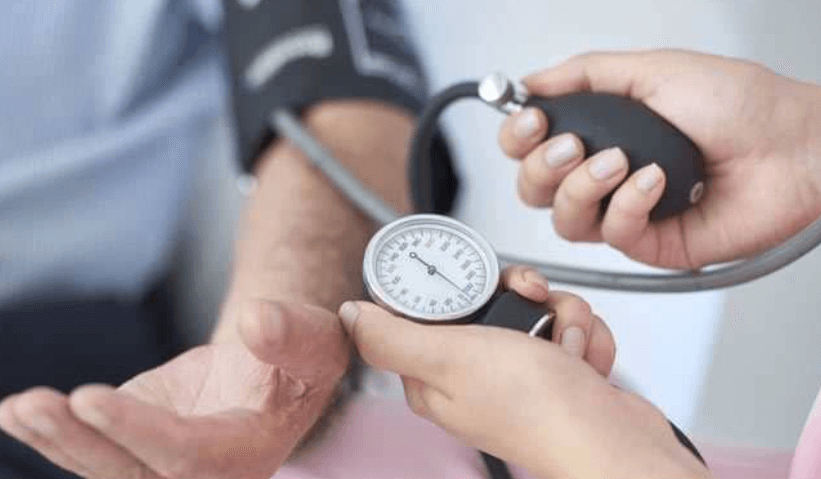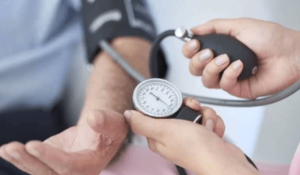High blood pressure or hypertension can be an outcome unhealthy diet, sedentary lifestyle, smoking and other modifiable factors. If left uncontrolled, this condition can put you at a higher risk of heart disease. Timely prevention is one of the effective ways to control the side effects linked with this condition. From making healthier choices to watching out for symptoms, there are several precautions you need to follow. Checking your blood pressure numbers regularly also plays a role. It can help in early diagnosis of hypertension and enables you to take control of the condition. The moment you find your blood pressure numbers are high, you will take all necessary precautions to bring it under control. If you are wondering how often you should check your blood pressure numbers, here’s the answer.
Hypertension: When should you check your blood pressure?
Dr. Gaurangi Shah explains, “It is advised that children should get blood pressure checked at least once a year while once a month is the recommendation for adults. Those consuming antihypertensive medicine can check their blood pressure once a week. But those who have just started blood pressure medicine or have been diagnosed with pre-hypertension should check their BP more frequently that is twice a day for 1 to 3 months or till blood pressure is completely under control.”
What is the best time to check blood pressure?
Dr. Shah suggests that during the initial stage, those with high blood pressure should check blood pressure twice a day that is-
1. Immediately after waking up
2. In the evening (Evening/ night blood pressure reading can be 10 mm higher than the morning readings)
At what age one can experience hypertension?
1. If it is hereditary, it usually develops between 40-60 years of age
2. Non-hereditary cases can develop before 40 years or after 60 years of age. If someone develops hypertension during this period, one needs to go to endocrinologist or cardiologist to find the exact reason for high blood pressure, followed by necessary precautions to control the condition.
“At any age and at any given time, your blood pressure should be equal to 120/80 mmHg. If there is any major fluctuation, talk to your doctor immediately,” Dr. Shah concludes.


 Hypertension is also known as a silent killer as it does not show any symptoms initially. It puts you at a higher risk of heart disease. Read here to know when should you check your blood pressure to control this condition at an early stage.
Hypertension is also known as a silent killer as it does not show any symptoms initially. It puts you at a higher risk of heart disease. Read here to know when should you check your blood pressure to control this condition at an early stage.